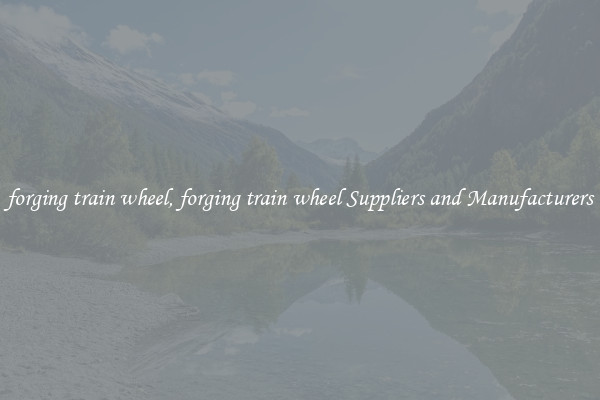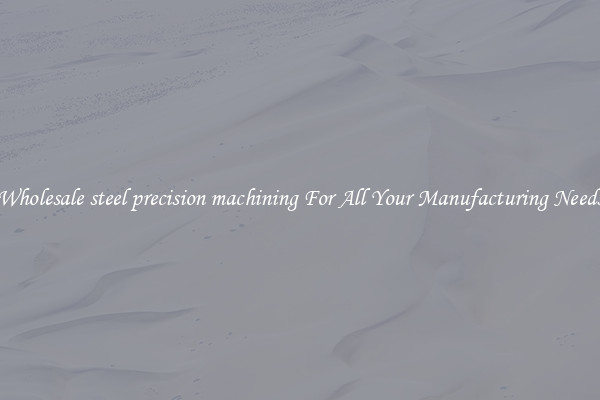forging train wheel, forging train wheel Suppliers and Manufacturers
Forging Train Wheel: Suppliers and Manufacturers

The process of forging train wheels is crucial to ensure safe and efficient railway transportation. Forging involves the shaping of metal using localized compressive forces, resulting in a strong and durable end product. The demand for high-quality forged train wheels has led to the emergence of numerous suppliers and manufacturers in the market.
Suppliers play a pivotal role in the forging train wheel industry by providing the necessary materials for manufacturers. They source raw materials such as alloy steel and carbon steel from trusted suppliers, ensuring the quality and integrity of the final product. These suppliers also offer a wide range of sizes and specifications to meet the diverse needs of train wheel manufacturers.
Manufacturers, on the other hand, utilize the raw materials provided by suppliers to create the forged train wheels. They employ advanced forging techniques, such as open-die and closed-die forging, to transform the metal into the desired shape. Forged train wheels undergo a series of processes, including heating, shaping, and cooling, to ensure their strength and durability. These manufacturers follow strict quality control measures to meet the industry standards and regulations.
One prominent supplier in the forging train wheel market is XYZ Company. They have a vast network of suppliers, allowing them to source high-quality raw materials at competitive prices. XYZ Company offers a wide range of forged train wheels, suitable for various types of locomotives and rolling stock. Their products are known for their excellent wear resistance, ensuring a longer lifespan and reduced maintenance costs for railway operators.
ABC Manufacturing is another leading manufacturer that specializes in forging train wheels. They have state-of-the-art forging facilities equipped with cutting-edge machinery and technology. ABC Manufacturing focuses on research and development to improve the overall quality and performance of their train wheels. They also prioritize sustainability by implementing energy-efficient practices throughout their manufacturing process.
In recent years, the forging train wheel industry has witnessed significant advancements. Manufacturers are adopting automated forging processes, which increase productivity while maintaining precision and consistency. Digital monitoring systems are also being implemented to track the quality and integrity of each forged train wheel.
Moreover, manufacturers are investing in research and development to introduce innovative materials and designs for train wheels. This includes the incorporation of composite materials, such as carbon fiber reinforced polymers, to enhance the performance and reduce the weight of the wheels. These advancements contribute to improving the overall efficiency and safety of railway transportation.
In conclusion, the forging train wheel industry has seen rapid growth, thanks to the increasing demand for high-quality and durable train wheels. Suppliers play a crucial role in providing the necessary raw materials, while manufacturers employ advanced forging techniques to create the final product. This industry is continuously evolving, with manufacturers adopting automated processes and investing in research and development to introduce innovative materials and designs. The forging train wheel market offers a wide range of options for railway operators, ensuring safe and efficient transportation.

View details

View details

View details

View details








